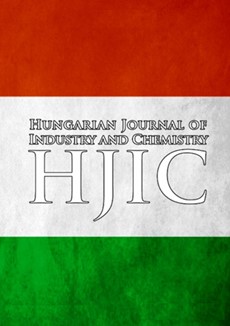Towards a Circular Economy – Changing Needs and Solutions for Waste Management Systems
DOI:
https://doi.org/10.33927/hjic-2024-07Keywords:
circular economy, waste regulation, EPR, DRS, MBT, Selective Sorting PlantAbstract
In recent years, the circular economy has become an important element of sustainable development. Products become waste at the end of their life cycles. This problem is accompanied by a parallel decline in the availability of certain critical raw materials. It is obvious that the materials that become waste should be recycled and their components reintroduced into the economy, recovering the necessary raw materials and energy. The issues concerning the practical implementation of this are technical, economic and legal. Over the last decade, significant progress has been made in terms of how waste can be treated and recovered. Meanwhile, both the quality and quantity of collected waste have changed. To ensure that waste management systems can continue to operate properly under these changing conditions, it is necessary to examine the impact of such recent changes. Furthermore, it is important to provide feedback to decision-makers with regard to how much their efforts have contributed to the principles of a circular economy in the EU member states. In this work, the regulatory framework of the two main periods, namely before and after 2010, will be reviewed while examining the evolution of waste-sorting technologies by especially focusing on the mixed and selectively collected municipal solid waste streams. To reduce the amount of landfill, mechanical biological treatment plants had already been developed and packaging materials sorted before 2010, but it is crucial to examine how regulations and technological possibilities are evolving step by step as well as how they affect each other. Predictions are also made concerning upcoming trends in and the future of waste management.




